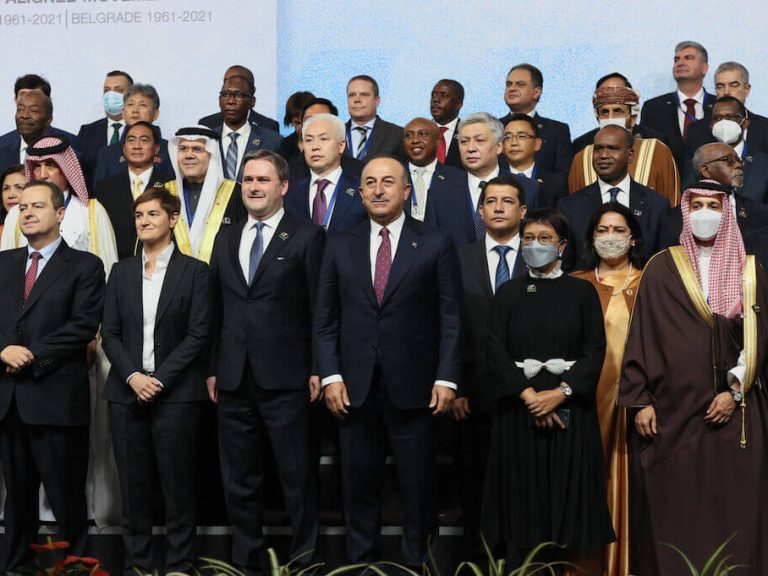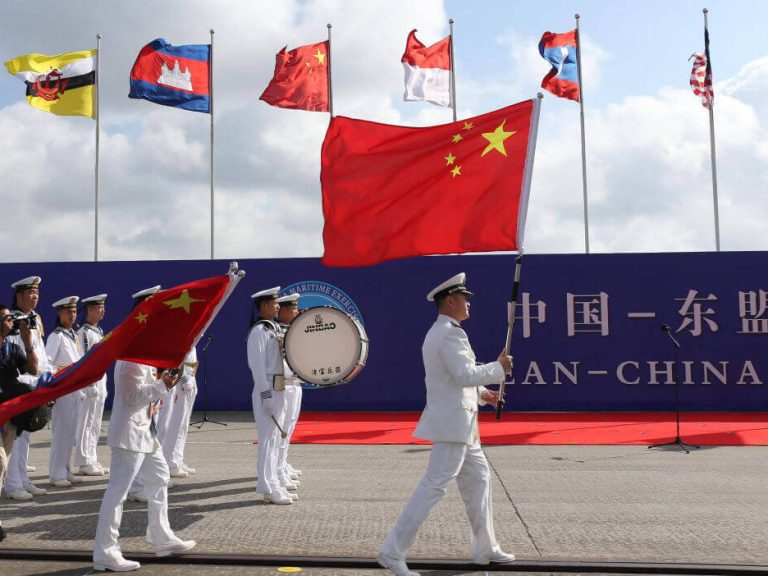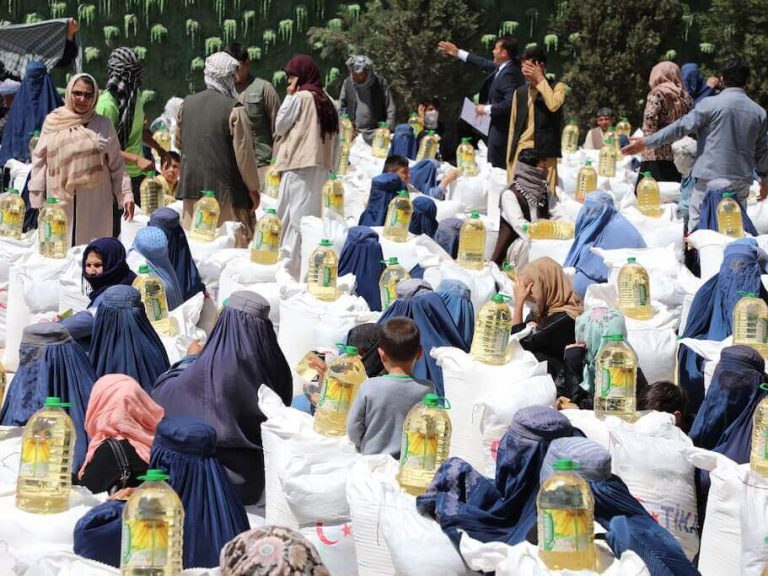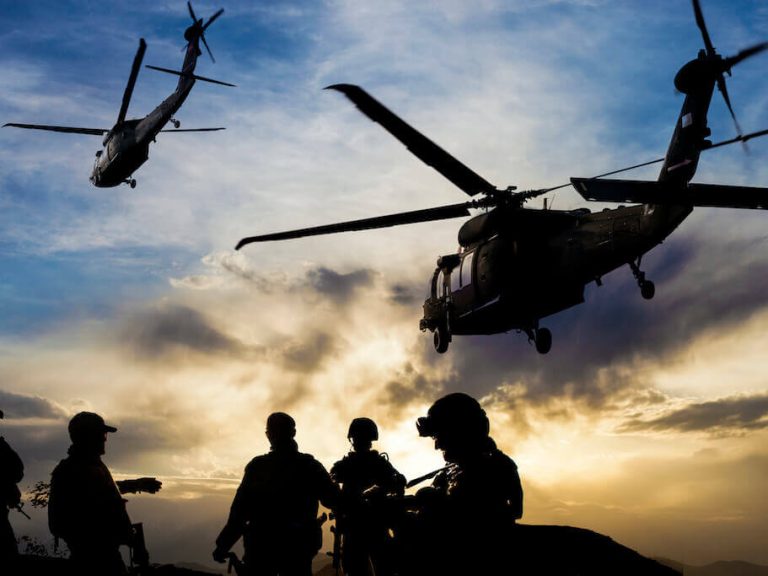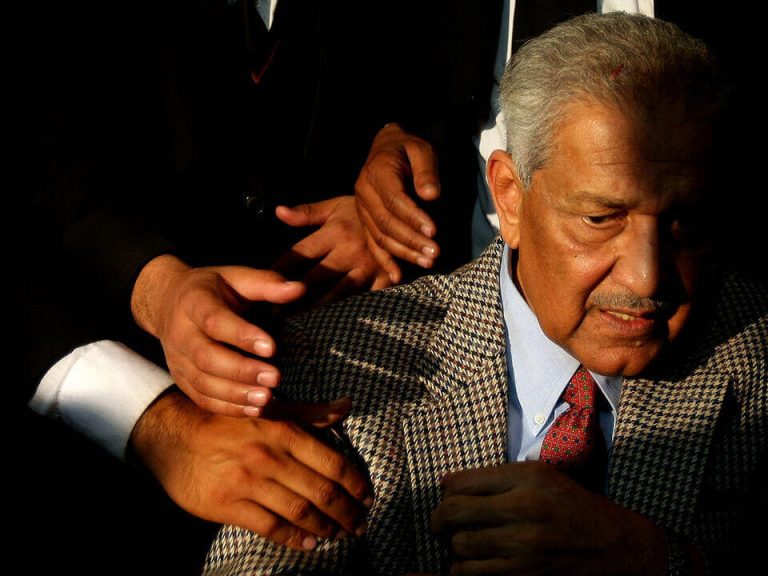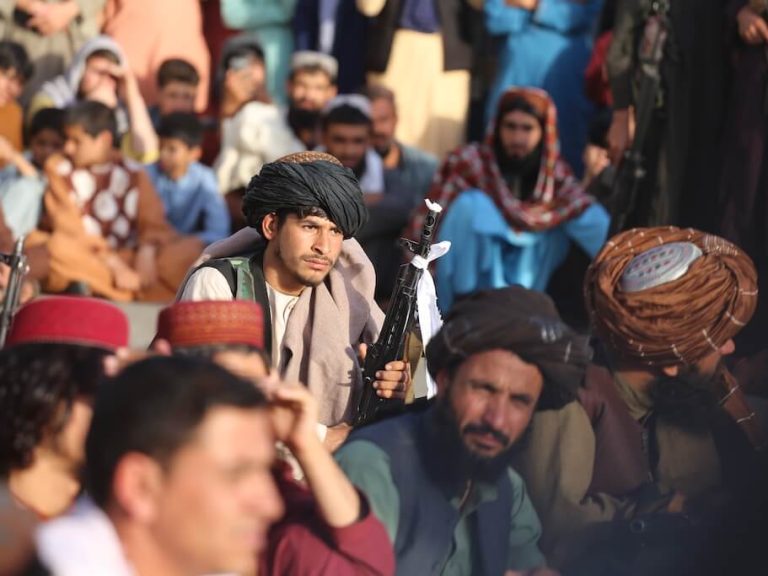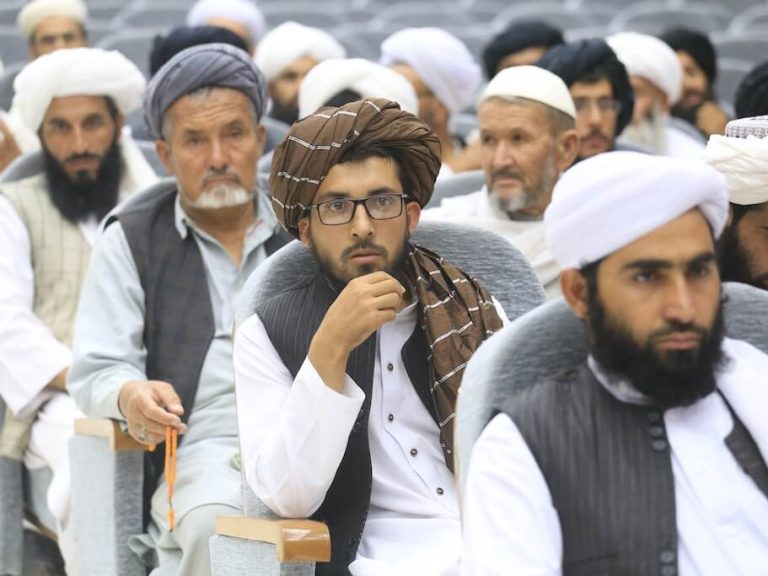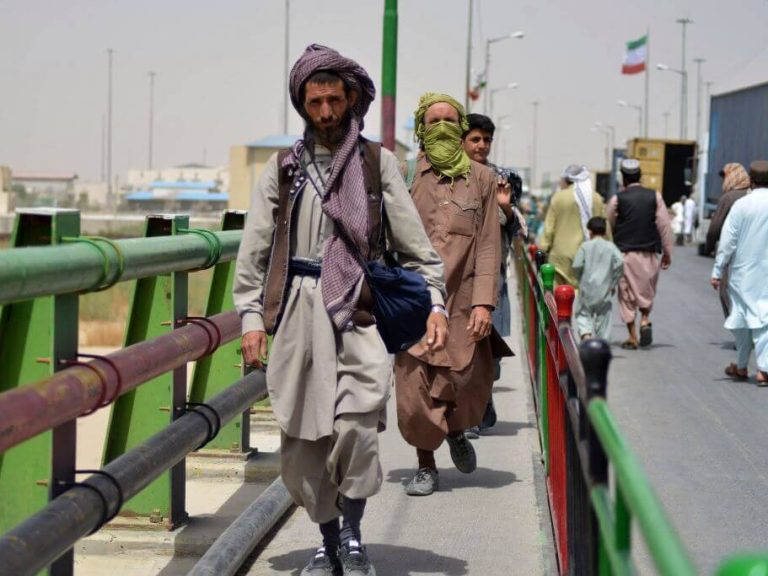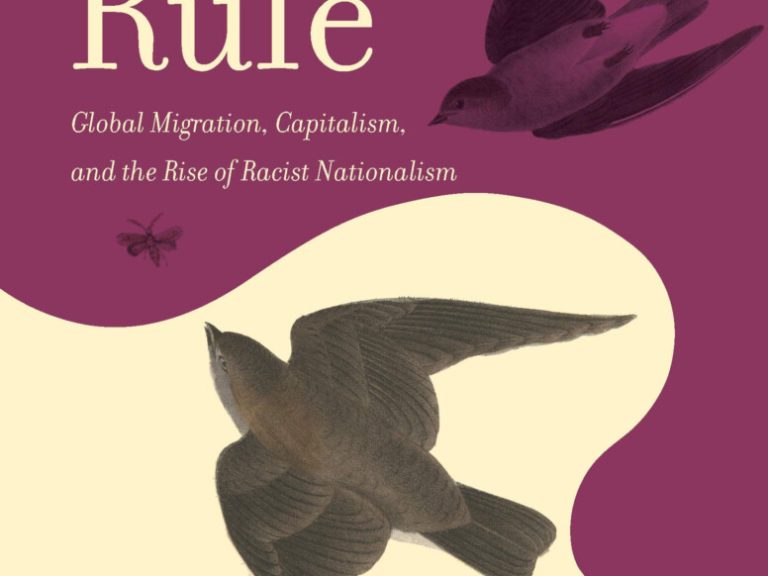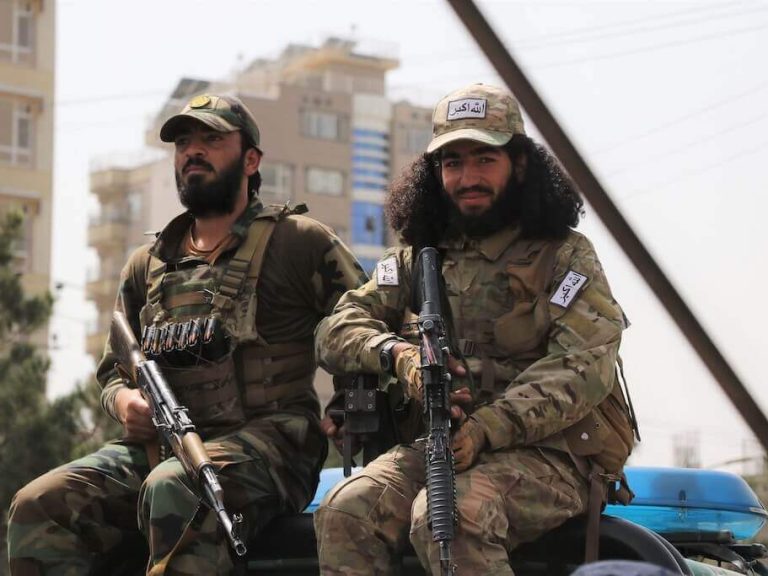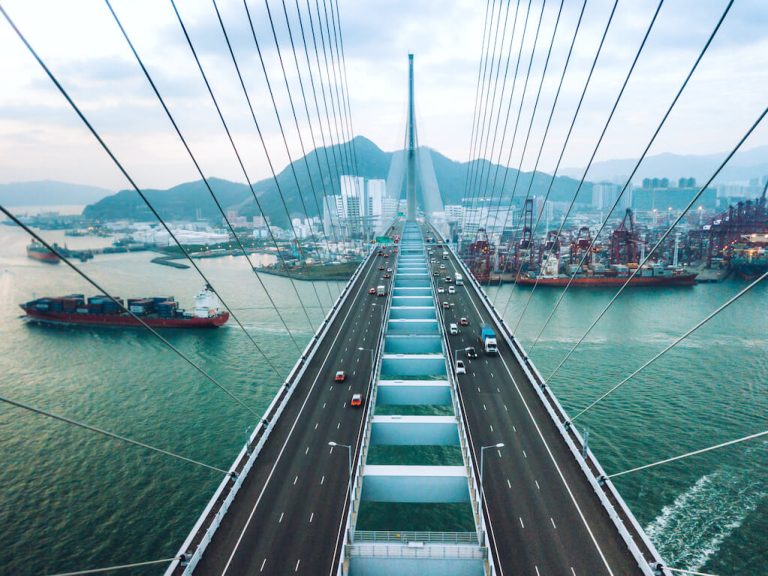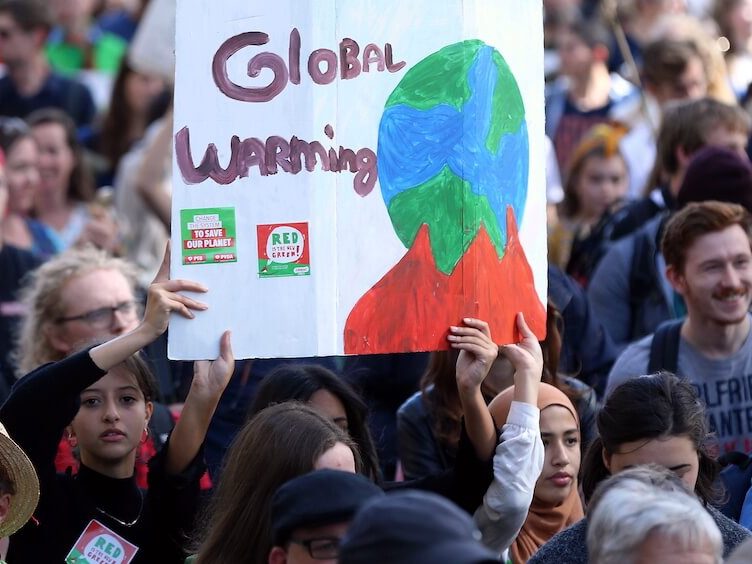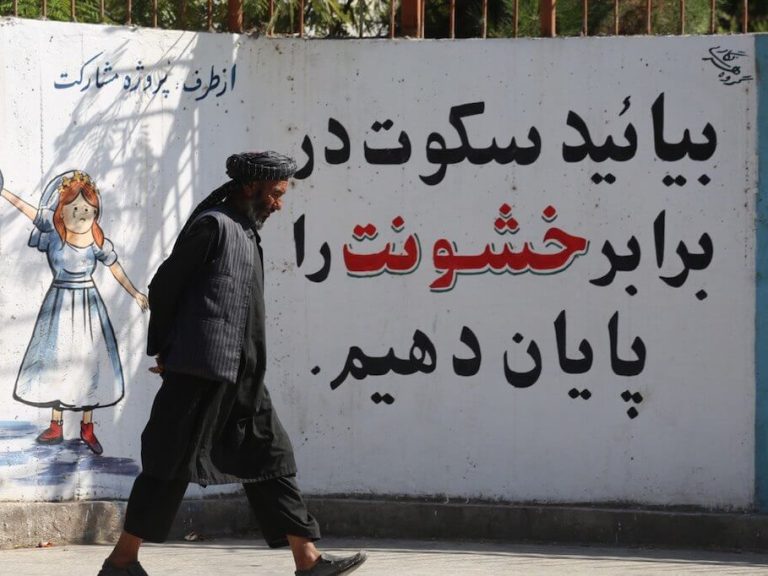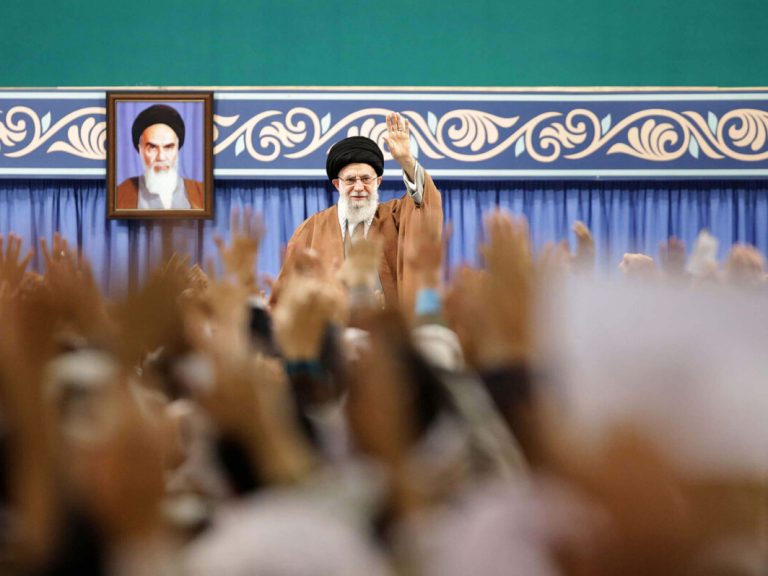Inspired by the Bandung Conference in Indonesia in 1955, and formally established in Belgrade, Yugoslavia, in 1961, it was initially spearheaded by a number of Third World leaders including Nasser, Nkrumah, Nehru, Sukarno, and Tito, the leaders of Egypt, Ghana, India, Indonesia, and Yugoslavia, respectively.
Emerging Markets and Inflation: Why Is It Happening?
EM countries include Argentina, Brazil, Bulgaria, Chile, China, Colombia, Croatia, the Czech Republic, Hungary, India, Indonesia, Latvia, and Lithuania, Malaysia, Mexico, Peru, the Philippines, Poland, Romania, Russia, South Africa, South Korea, Taiwan, Thailand, Turkey, and Ukraine.
The Gang’s All Here: New Western Imperialism in the South China Sea
, Australia, Japan, and India, none of the official statements of the AUKUS alliance mention China by name.
Uncertainty Looms Over Afghanistan’s Food Insecurity
Sanctions imposed on the Taliban should be reviewed to ensure that they do not obstruct the delivery of humanitarian aid…
Afghanistan Brings the Saudi-Iranian Rivalry to a New Level
Read: Pakistan and Afghanistan: Keeping India and the US at BayHowever, the Taliban was replaced by American forces, which posed another, perhaps bigger, threat to Iran.
Jens Stoltenberg on the Rise of China: Is NATO Pivoting to the Indo-Pacific?
, India, Japan and Australia – the most powerful democracies in the Indo-Pacific region, all of whom have strained relations with China.
Abdul Qadeer Khan: Pakistani Nuclear Scientist Who Escaped Assassins, Built a Nuclear Bomb, and “Ate Grass”
ust two years after the December 1971 war between Pakistan and India, on May 18, 1974, India detonated a nuclear device, confirming it possessed the A-bomb.
Why Iran Is Concerned with Taliban 2.0
Other nations like Russia, India, and Turkey also joined Iran in backing the alliance.
Will AUKUS Be Able to Encircle China?
In response, Australia, United Kingdom and the United States have formulated the AUKUS security alliance to challenge what it and its Asian allies, including India, South Korea and Japan, perceive to be an increasingly militaristic and hyper-aggressive China.
Five Prominent Challenges for the Taliban
In an interview with CNN, Abdul Munir, a commander of the so-called Islamic State stated that he leads 600 fighters, including Indians, Pakistanis, and Central Asians.
Iran’s Joy Over the Taliban’s Victory in Afghanistan Will Be Short-Lived
The Taliban will now be wary of Iranian subterfuge and will crackdown vigorously against any plot against them, perhaps forming…
Border and Rule: Global Migration, Capitalism, and the Rise of Racist Nationalism
’ (165-66)Read: Hindutva Ideology: India’s Gradual Move Towards GenocideBut citizens also turn into refugees and asylum seekers for other reasons than conflict or climate change.
On Afghanistan and Legitimate Resistance: Should Hamas, Hezbollah Learn from the Taliban?
The resulting victory of the Taliban will extend well beyond the borders of Afghanistan.
It’s Time for the United States to Join the New Silk Road
American strategists are focusing on bigger targets across a wide arch of distant lands and waters—South and Central Asia, the Indian Ocean, Southeast Asia, and the western Pacific.
Western Europe: Climate Change as Ideological Smoke-Screen
Nowhere else in the world is the public debate about climate change as much dominated by alarmism and apocalyptic thinking…
China-US Rivalries after the Afghan War
Along with Pakistan, Afghanistan lies at the intersection of at least two planned energy corridors that can carry oil and natural gas from Iran to China in one direction and from Turkmenistan to India in another.
Iran Lashes Out as Local Discontent Heats Up: Droughts a Rallying Cry
Iran and India have been friends and allies for over a thousand years, and part of the China deal stipulated that India had to be “expelled” from current and future deals with Iran.
NSO’s Pegasus Scandal Is Just the Tip of the Iceberg of Israeli Spyware
Wherever Netanyahu traveled on official visits, deals between the visited country’s government and NSO followed - from Hungary to Mexico, India, Saudi Arabia, Morocco, the United Arab Emirates, Bahrain, and others.
The Morality of Violence in Settler-Colonial Contexts: From Algeria to Palestine
and the Salt March in India staged by Mahatma Gandhi.
Dissent against Bolsonaro Runs Deeper than COVID19 Mismanagement
COVID19 may well be the moment for political change in Brazil, yet the pandemic must not obscure the reasons behind…
